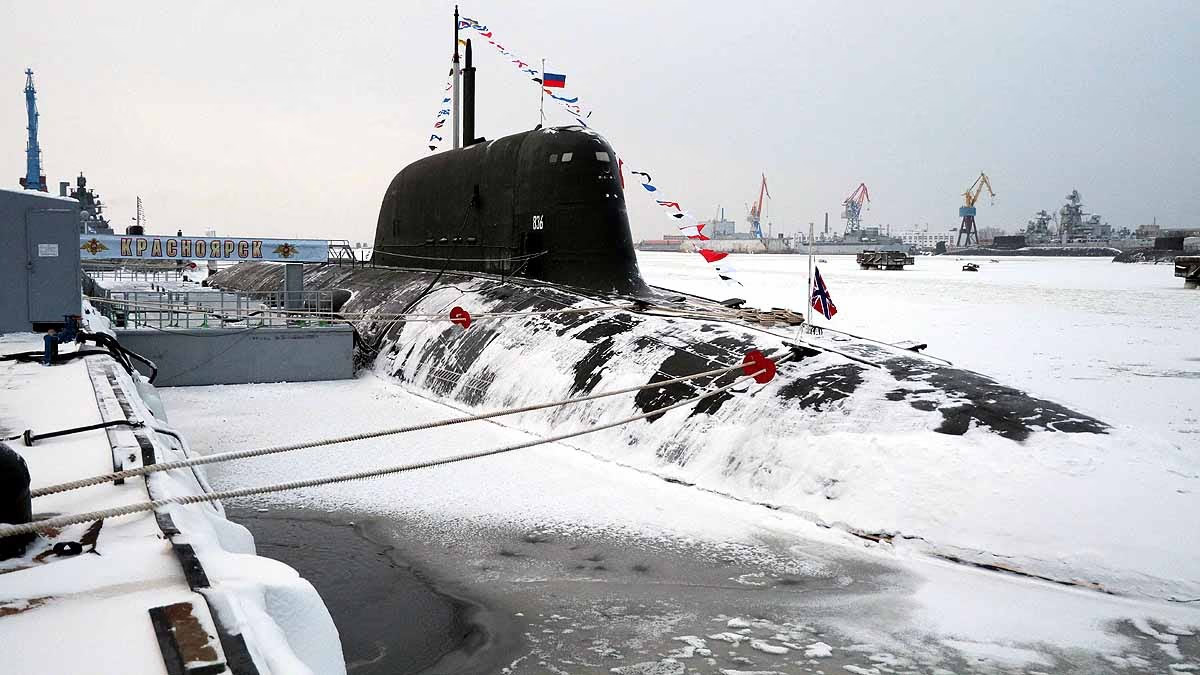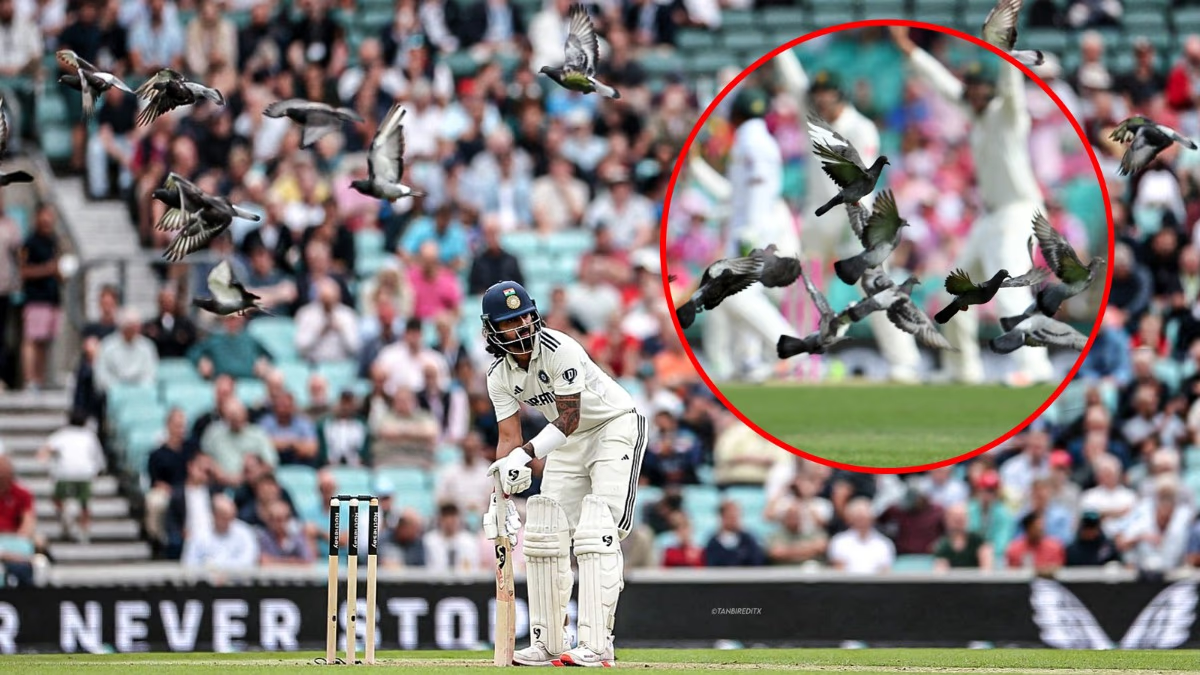On July 30, 2025, a massive 8.8 magnitude earthquake struck the remote Kamchatka Peninsula in Russia. This powerful quake ranks among the six largest earthquakes in history. It occurred just 120 km from Avacha Bay, a crucial site for Russia's naval nuclear submarine base. This incident raises significant questions about the safety of Russia's nuclear submarines and weapons.
What Happened and Where?
The earthquake struck approximately 135 km off the eastern coast of Kamchatka Peninsula, a desolate yet strategically vital area of Russia. Avacha Bay hosts the Ryabachiy submarine base, home to modern nuclear submarines like the Borei and Borei-A classes.
These submarines are integral to Russia's military prowess, capable of carrying nuclear missiles. Additionally, the older Delta III-class submarine Ryazan (K-44) is stationed here, though its condition remains uncertain.
Read Also: In Russia, where an 8.8 magnitude earthquake struck yesterday, the ground trembled once more today.
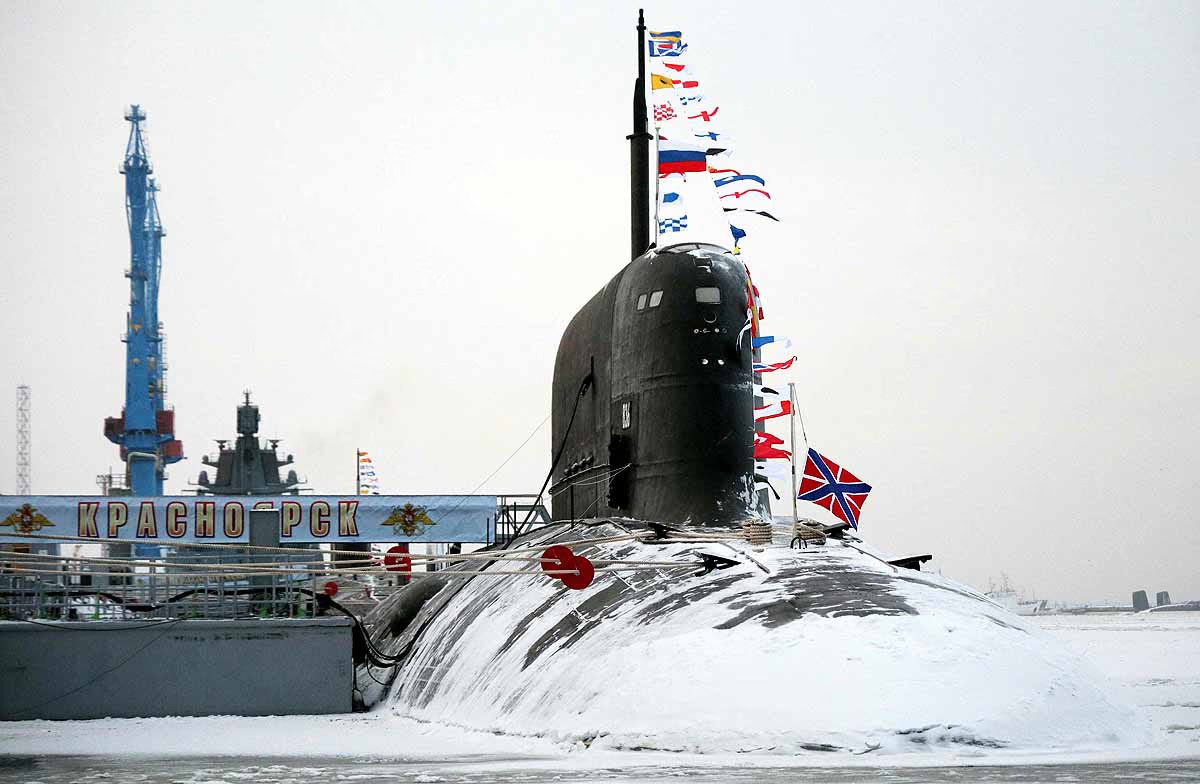
Source: aajtak
Post-earthquake, tsunami warnings were issued to several countries, including Japan, Chile, Peru, and the U.S. In Hawaii, waves exceeding 5 feet led to panic among residents. Russian authorities state no significant damage or fatalities have occurred so far, but military experts suspect potential damage to the submarine base.
What Could Be the Impact of the Earthquake?
At a magnitude of 8.8, this earthquake is the largest since Japan's 9.1 quake in 2011. Its force shattered roads, demolished buildings, and even leveled a kindergarten in the city of Petropavlovsk-Kamchatsky. Many were injured, including a woman at the airport terminal.
Read Also: An 8.8 magnitude quake is akin to 14,300 nuclear bombs like Hiroshima exploding simultaneously! Why Russia, Japan, and the US are on edge.
Regional Health Minister Oleg Melnikov reported panic among people who fled, with one injuring themselves in a fall from a window. The state of submarines at Avacha Base is unclear, as satellite images are obscured by cloud cover.
Experts warn of potential severe issues if tsunami waves damage submarine moorings or allow water intrusion through open hatches. This risk escalates if submarines are under maintenance.
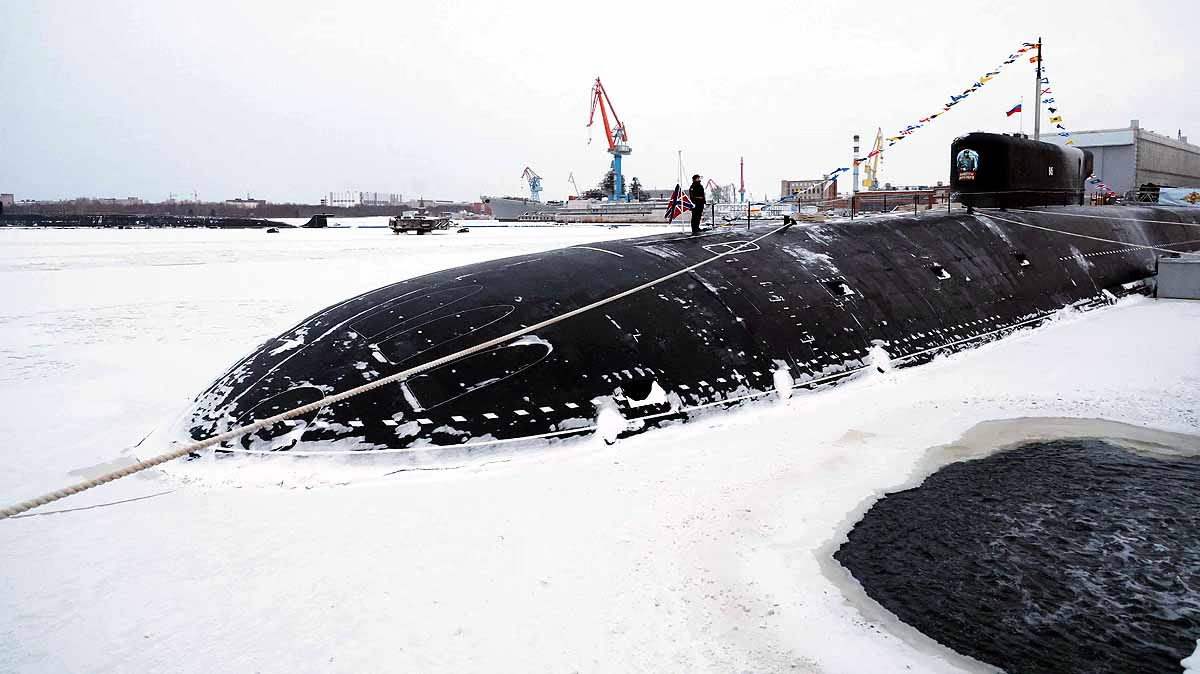
Source: aajtak
The Importance of Nuclear Submarines
Ryabachiy Base is home to Borei and Borei-A submarines, capable of carrying nuclear missiles. Other formidable vessels like the Yasen-M and Oscar-class submarines are equipped with conventional arms but remain highly dangerous. Soon, the world's longest submarine, the K-329 Belgorod, might join this base, capable of carrying nuclear-powered Poseidon torpedoes and conducting espionage missions.
The security of these submarines is paramount, as any malfunction could result in radiation leaks or missile launches. A retired Russian Navy officer @Capt_Navy expressed concern about potential base damage. These facilities are designed to withstand nuclear attacks from enemies. Nonetheless, experts question these assertions and seek the truth.
Read Also: If an 8.8 earthquake strikes plains, what would be the impact... and how devastating?
Volcanic and Tsunami Threats
Following the earthquake, Kamchatka's most active volcano, Klyuchevskaya Sopka, erupted, exacerbating regional instability. Located in the "Pacific Ring of Fire," frequent seismic and volcanic activities are common here. Tsunami waves reached multiple countries, prompting Japan to evacuate 2 million residents from coastal regions. The U.S. issued warnings from California up to Oregon.
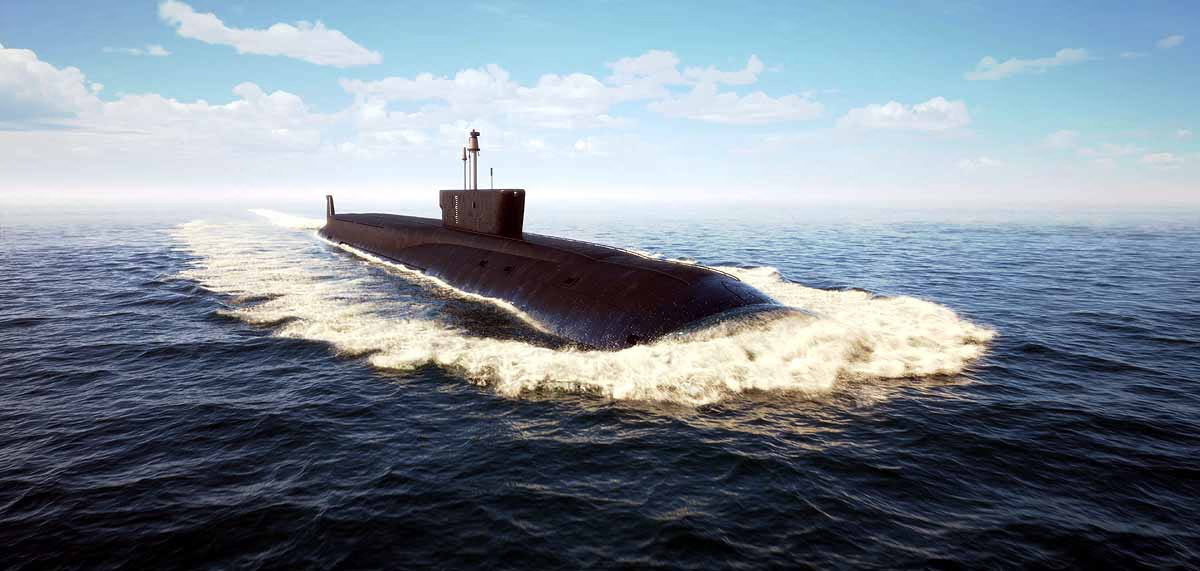
Source: aajtak
Although Russia now reports the immediate tsunami threat has subsided, the fear of aftershocks persists. The British Foreign Office has advised its citizens to remain alert and follow local authority guidance.
Was There Really Any Damage?
Definitive reports on submarine base damage remain elusive. Russian officials assert everything is under control, while social media displays videos of damaged roads and collapsed buildings. Military experts continue analyzing satellite footage, hindered by cloud cover. Should submarines sustain damage, it could significantly impact Russia's military strength.
